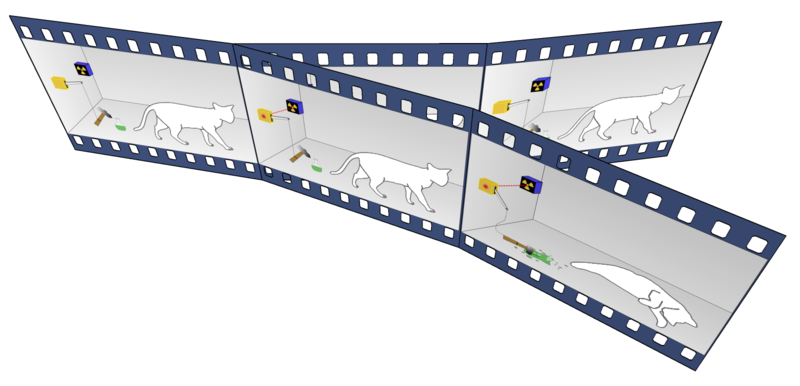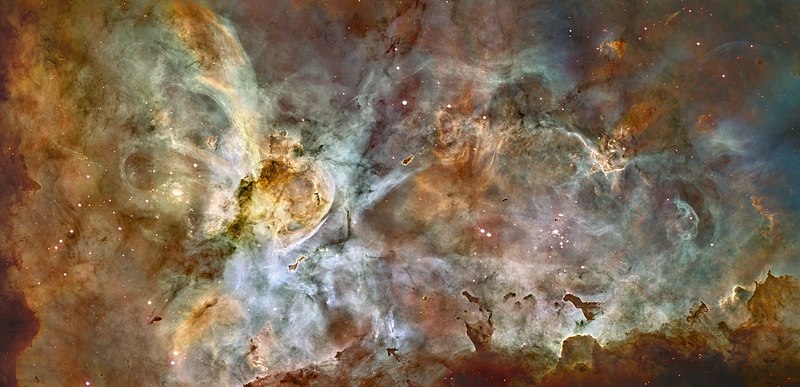New book: “Strong hints” of a multiverse mean ours isn’t fine-tuned
As we noted earlier, in “Why the universe wasn’t fine-tuned for life” (New Scientist, 14 June 2011), Marcus Chown reports on physicist Victor Stenger’s “devastating demolition” of the argument that the laws of physics of our universe were “fine-tuned” to foster life, in The Fallacy of Fine-tuning: Even if some parameters turn out to be fine-tuned, Stenger argues this could be explained if ours is just one universe in a “multiverse” – an infinite number of universes, each with different physical parameters. We would then have ended up in the one where the laws of physics are fine-tuned to life because, well, how could we not have?Religious people say that, by invoking a multiverse, physicists are going to extraordinary lengths Read More ›


